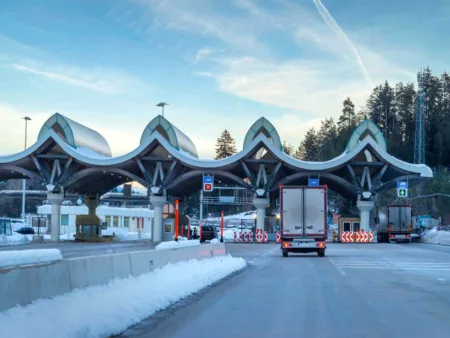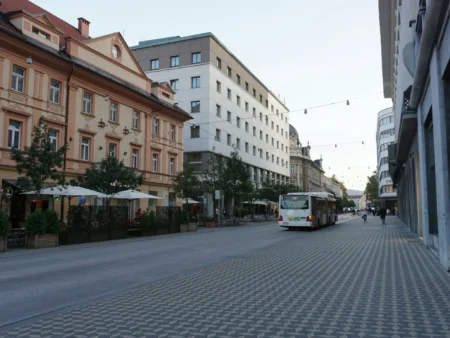The gaming industry in the United States has come a long and colourful way - from the first card games in the saloons of the Wild West to today's luxury mega-resorts in Las Vegas. Casinos in the US are not just places for gambling, but a symbol of American enterprise, risk and spectacle. In this article, we explore how gambling became an important economic pillar, how Las Vegas transformed from a desert city into the entertainment capital of the world, and what role casinos play in US society, tourism and culture today.
The origins of gambling in the USA
Gambling has had a long and varied history in the USA, dating back to colonial America. In the 18th and 19th centuries, they were particularly popular lotteriesused by the authorities to fund public projects such as schools, churches and infrastructure.
Growing distrust and association with fraud led to many forms of gambling being outlawed in the second half of the 19th century. But gambling was encouraged to continue, especially in the more liberal and frontier regions.
Wild West and gaming saloons
In the period Wild West card games such as poker, faro in blackjack, extremely popular. The games were played in saloonswhere cowboys, adventurers and traders gathered. Saloons became a symbol of the era and played an important role in shaping American gambling culture.
Legalisation of gambling in Nevada (1931)
The Great Depression of the 1930s was a turning point for modern gambling. In 1931 The State of Nevada legalises casinosto boost economic growth. First casinos were modest, but legalisation opened up the possibility of building larger gambling complexes.
The heyday of Las Vegas
After the Second World War Las Vegas has become synonymous with casinos and entertainment. This has been helped by a combination of favourable laws, rapid hotel construction, desert electrification and the development of road and air transport.
This period saw the creation of legendary hotel-casinos such as Flamingo, Sahara, Stardust and later Caesars Palace and Bellagio.
Individuals from the criminal underworld also played a role in the development of gambling, in particular Mafia companies from Chicago and New Yorkwhich financed the construction and management of some hotels in the early years.
The Strip and global recognition
"Las Vegas Strip" has become a district that brings together the biggest casinos, hotels, restaurants and spectacle venues. Today it is home to gambling giants such as MGM Grand, The Venetian, Wynn, Aria in Luxor. Las Vegas casinos are no longer just places to gamble, but integrated entertainment centrescombining gastronomy, sport, concerts, conferences and luxury accommodation.
The contemporary role of gaming in the USA
In addition to Las Vegas, casinos are also present in other US states. Atlantic City (New Jersey) is a second gaming centre, and importantly Indian territorieswhere tribes manage their own casinos under special laws.
In the US, gambling is now a multi-billion dollar industry that generates high tax revenues, employs hundreds of thousands of people and is an important pillar of tourism.
Conclusion
Casinos in the USA, especially in Las Vegas, have become a global symbol of fun, luxury and risk. From Wild West saloons to futuristic mega-resorts, the evolution of American gambling is a story of adaptation, innovation and capital. Las Vegas today is much more than a city of casinos - it is a place where illusion and reality, the desire to win and the art of pure pleasure mix.

















[...] along the Mississippi River. But the real revolution took place in Nevada, where gambling was legalised in 1931. Las Vegas quickly became the gambling capital of the world, known for its neon lights, [...]